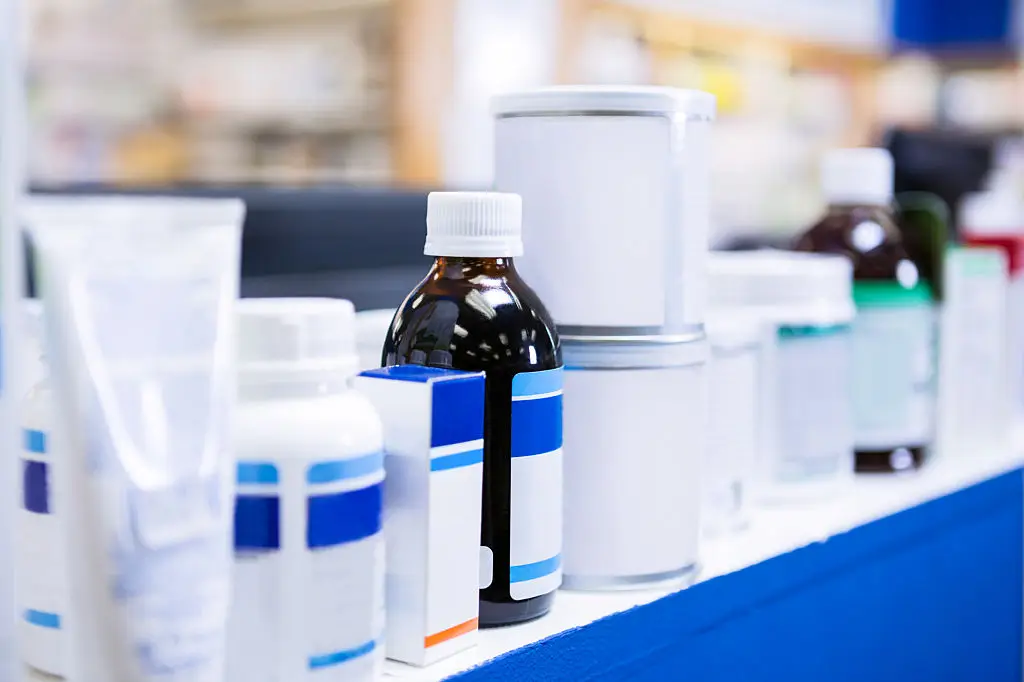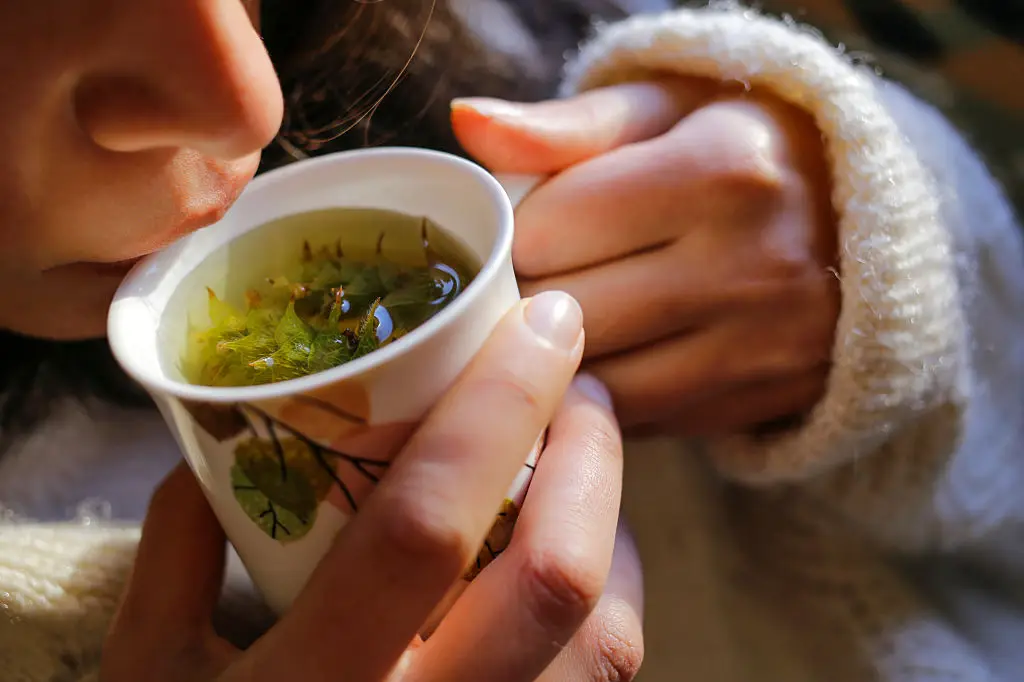Cold Weather Crisis: Everyday Habits That Put Unexpected Strain on Your Kidneys
When the temperatures drop and our days grow shorter, so much of our attention goes to staying warm, cozy, and comfortable. Yet, even as we slip into our winter routines, our kidneys work tirelessly behind the scenes, filtering out toxins, balancing vital fluids, and supporting nearly every aspect of our well-being. It’s easy to overlook these silent heroes—after all, most of us don’t connect cold weather traditions and everyday habits with kidney health. But the truth is, certain seasonal routines can quietly add up to unexpected kidney strain. From the foods we crave for comfort to the ways we manage seasonal sniffles and cabin fever, winter is packed with small choices that can add up over the course of a few chilly months. That doesn’t mean winter needs to become a season of anxiety or restriction. Rather, it’s an invitation to gently re-examine old habits and welcome new ones that serve both comfort and health. This expanded list explores the everyday patterns that may be putting extra pressure on your kidneys when the weather cools down. Each is paired with realistic, compassionate guidance—offering gentle reminders rather than pressure, and practical solutions suited for real, messy life. Because protecting your kidneys in winter isn’t about perfection—it’s about accumulating small wins, staying aware, and caring for yourself the way you’d care for someone you love.
1. Relying Too Much on Over-the-Counter Cold and Flu Remedies

When winter sniffles or a scratchy throat hit, it’s natural to reach for over-the-counter remedies. Many people assume these medications are risk-free simply because they’re easy to find at the drugstore. Yet, common options like NSAIDs (such as ibuprofen), certain decongestants, and even some cold-and-flu relief mixes can pose surprising risks to your kidneys—especially for those with existing kidney issues, high blood pressure, or diabetes. In the colder months, we tend to self-medicate more, and sometimes overlap medications without realizing how these compounds add up. Kidneys are the body’s filtration system for many over-the-counter drugs, but cold weather can lower our activity and fluid intake—making medication build-up more likely. Consider reading labels carefully and consult your pharmacist or healthcare provider before combining products or taking them for more than a few days. If you need relief, ask about kidney-safe alternatives, and remember that rest, warm compresses, and clear fluids are powerful tools, too. Your kidneys will thank you for the extra attention.
2. Letting Hydration Slip When It’s Cold Out

Do you find yourself drinking less water once the chill sets in? You’re far from alone. Our bodies actually lose a surprising amount of moisture during cold weather, partly due to dry indoor heat and partly because we feel thirsty less often. When we leave hydration on autopilot, even mild dehydration can tip the balance for our hardworking kidneys. Unlike the sweaty thirst of summer, winter dehydration often sneaks up as dry lips, headaches, or fatigue. Your kidneys need consistent fluids to filter waste well and regulate electrolytes. Try setting a timer as a gentle nudge, sipping herbal teas, or keeping a full water glass on your desk as a visual reminder. Check the color of your urine—it should be pale yellow. And if you’re enjoying stews, broths, or juicy fruits, those count toward your hydration, too. Prioritizing fluid intake in subtle ways can help your kidneys weather the season with ease.
